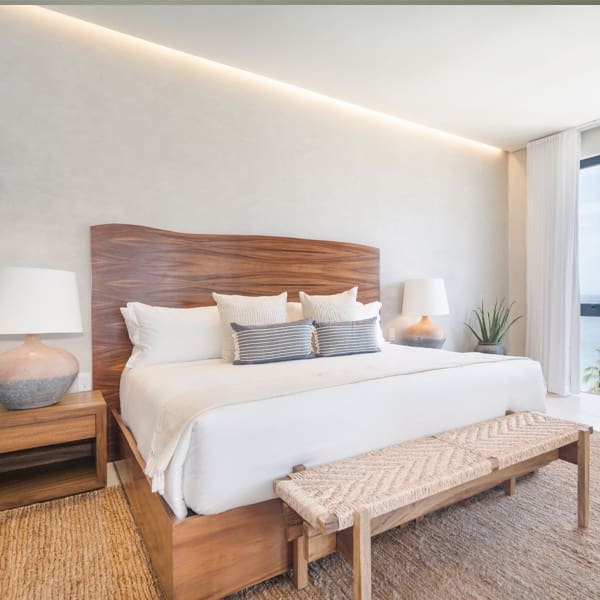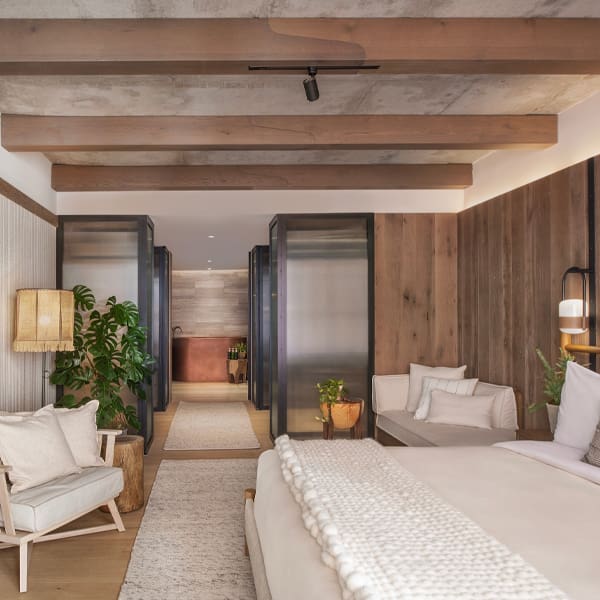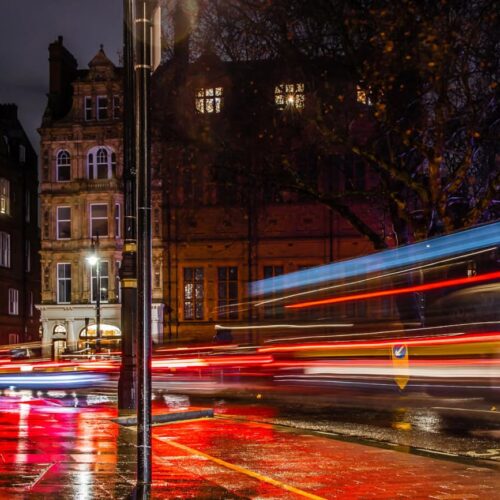Combating the effects of climate change is not optional for hotel managers – right now, businesses in tourism and hospitality can’t survive unless they prioritise sustainability. The demand for eco-friendly travel alternatives is increasing as individuals become more aware of their negative impact on the planet. More than 60% of consumers understand climate change is an emergency, and global travellers are committed to more sustainably travelling. They are eager to spend more on vacations if hotels offer them a top-notch experience.
Sustainability is essential in protecting the environment, but it can also benefit hotels by boosting their reputation and attracting many eco-conscious guests. But there are many other long-term benefits, such as increased efficiency and lower operational costs. Luckily, embracing sustainability doesn’t have to be complicated, as hotels can start with something as simple as recycling and proper waste management. For instance, Mil-tek Balers are an incredibly efficient solution that helps hotels handle their waste easily. Without this machine, recyclable waste can easily mix with regular garbage, which is anything but eco-friendly and costly and poses health risks to guests. However, a baler saves time, money, and space, allowing businesses to have an effective waste management process in place.
But there are many other sustainability practices that hotels can implement to reap significant rewards. There are no limits to what can be done to transform a hotel into a green property, and 1 Hotel Mayfair proves that, as it effortlessly fuses natural sources with the contemporary charm of one of the most vibrant neighbourhoods in London.
1 Hotel Mayfair: a nature-centric luxury hotel
Located in the heart of London, Mayfair, 1 Hotel Mayfair started accepting reservations on July 13, 2023, merging the love for nature with sophistication. The property occupies an existing building, with over 80% of the current structure retained to decrease carbon footprint through reconstruction (it is estimated that around 4,200 tonnes of carbon were reduced in the process). Similarly, during renovation, the materials are either recycled or used sustainably.
The hotel was designed with sustainability in mind and includes elements like reclaimed metal floor tiles, Yorkshire dry stone walls, moss walls, a chandelier made of sliding rattan panels and air plants and commissioned artwork that raises awareness of humans’ negative impact on the planet, to name just a few. Over 200 plant species thrive throughout the property, making the hotel an urban sanctuary that celebrates sustainability through its design.
1 Hotel Mayfair includes 181 keys including 44 suites, inviting travellers to relax or entertain as they enjoy the beautiful view of Green Park. According to the hotel’s founder, the purpose is to merge conscious sustainability with fresh comfort, understated charm, outstanding bespoke service and wellness – all to create a one-of-a-kind experience for guests. While it may sound standard, the property’s design is indeed groundbreaking. For guests looking for a holistic experience, 1 Hotel Mayfair is a genuine oasis, as it focuses on nurturing the body, mind, and spirit. Facials, body treatments and massages are all included in the hotel’s services, with an approach based on a profound connection with nature. Moreover, guests can stay fit and healthy at 1 Hotel Mayfair by joining outdoor fitness classes or engaging in yoga practices. And since no hotel experience is complete without eating delicious foods, the property also has a restaurant ( Dovetale) owned by the famous Tom Sellers, featuring seasonal, locally sourced ingredients.
1 Hotel Mayfair is also home to Dover Yard, a freshly cobbed walkway that enables Londoners to escape Mayfair’s busy streets and connect to nature. Genuine hospitality and a vibrant atmosphere are the two main characteristics of Dover Yard, which offers a sense of escapism, making guests happy. Competition is fierce regarding hotel bars in London, but Dover Yard doesn’t follow formal British standards: instead, it allows guests to enjoy a laid-back atmosphere and personalised service, representing a new take on luxury in Mayfair.
Besides its stunning interiors, the hotel also stands out for offering unique experiences to its guests. Every month it curates various events and workshops related to fashion, music series, and even panel talks. For example, Mayfair’s Tree Tapestry Tour is an opportunity to discover the hidden gems of Mayfair with a crafted tree map created in collaboration with the local charity The Tree Council.


Going green can set luxury hotels apart from competitors
Sustainability isn’t only good for the environment – it’s also good for business. It can serve as a powerful marketing tool, enabling hotels to position themselves as socially responsible and eco-friendly. This helps them stand out from competitors, as the new generation of travellers is more concerned about the effects of climate change, thus preferring hotels that put sustainability at the forefront.
Obviously, this doesn’t mean hotels should use sustainability as a marketing scheme but rather be genuinely committed to it. After all, remaining authentic is important because it’s the only way to build strong customer relationships. By prioritising sustainability, luxury hotels can benefit from increased brand loyalty and high levels of customer satisfaction, which can, in turn, result in positive word-of-mouth. These things ultimately translate into a positive reputation for the hotel.
However, sustainability initiatives can only be an effective marketing tool if guests are aware of them. While many accommodation providers have implemented eco-friendly practices at their hotels, only a few actively communicate about it. Besides engaging with customers via social platforms, hoteliers should also talk about CSR and sustainability on their websites, which is key in attracting eco-conscious travellers. This is important because Google has implemented a feature that enables individuals to find sustainable resorts and hotels, and you want to be among these suggestions of properties.
Wrapping it all up
The trend towards sustainable travel is only growing, making it imperative for luxury hotels to implement eco-friendly practices. Doing so doesn’t only benefit the planet, but it also helps hospitality properties stay ahead of the competition in an evolving market.
Hotels that invest in sustainable products and services can position themselves as leaders in the green tourism movement, thus meeting the demands of eco-conscious travellers willing to pay extra for such an experience.

















